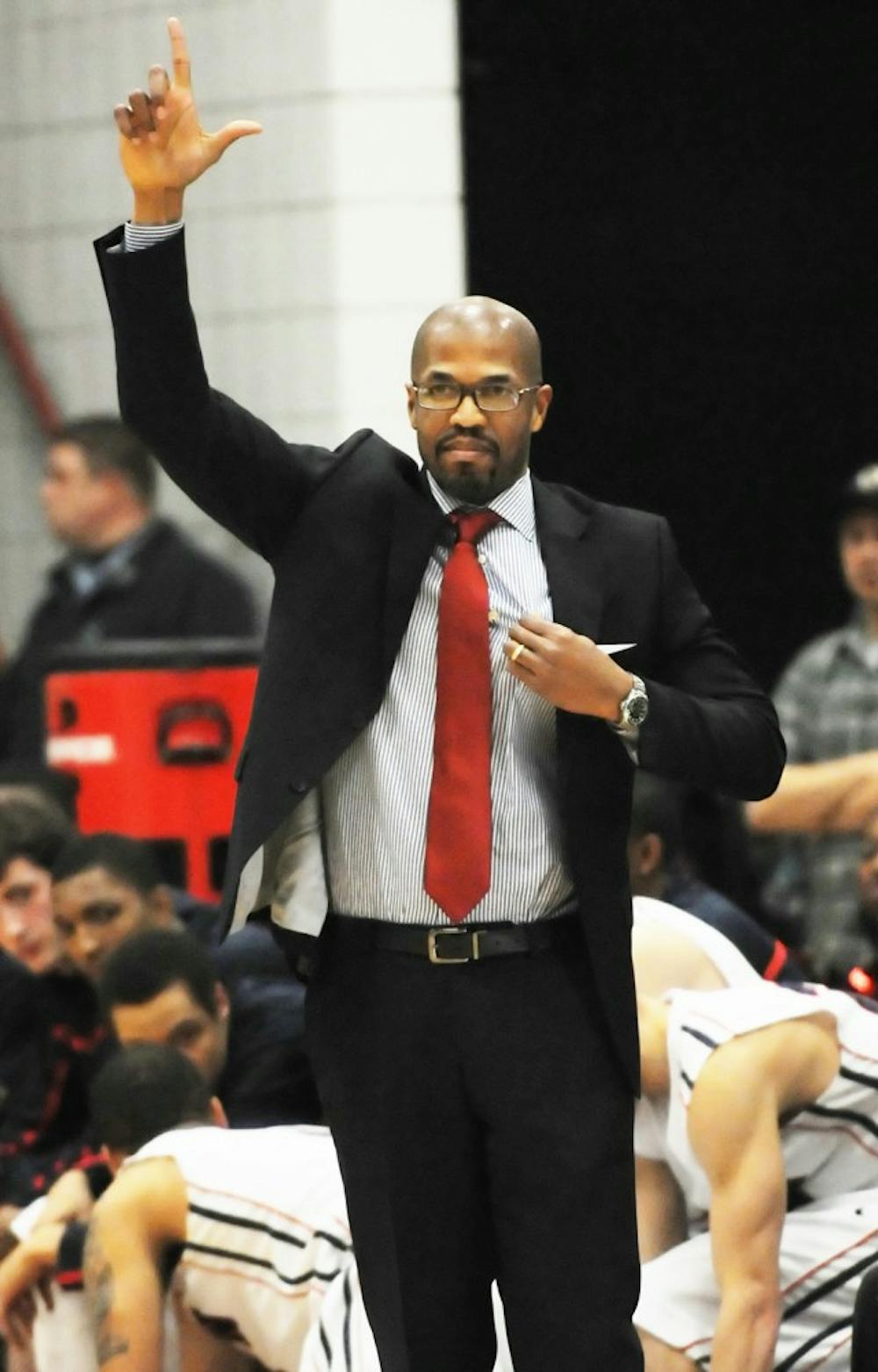The Ivy League doesn’t always get a lot right when it comes to athletics — whether it be the asinine rule that prohibits its football teams from participating in the FCS playoffs or scheduling its biggest rivalry game in men’s basketball during a certain school’s spring break every year.
But when it comes to determining which team earns the Ancient Eight’s automatic berth in the NCAA Tournament, the Ivy League does it right: it is the only Division I conference that does not hold a postseason tournament. Rather, the regular season winner is rewarded with the spot in the Big Dance.
All mid-major conferences should follow the Ivy’s lead, as such a system provides multiple advantages to smaller conferences.
First, it assures that the conference’s best representative will be sent to the NCAA Tournament.
From 2008-2010, Cornell won three consecutive league championships and was clearly the best team in the Ivy. But even the best teams are prone to bad days.
Take the 2010 Big Red team that reached the Sweet 16. They finished 13-1 in conference play and 29-5 overall, but their lone Ivy loss — by 15 points — came at the hands of a 6-22 Penn squad.
Had a similar lapse come during an unnecessary Ivy League postseason tournament, Cornell would not have gone on to ultimately beat Temple and Wisconsin in March. And given that the Red were slotted as a No. 12 seed by the selection committee, it is highly unlikely they would have been awarded an at-large bid had they lost another game.
No, Ivy League tournament teams typically do not have a realistic chance of winning the national title. But if teams can win a game or two, like Cornell did in 2010, it better represents the conference on the national stage.
Not having a postseason tournament also makes regular season games so much more important. The Ivy League has never received an at-large bid, thus its regular season is truly a 14-game tournament.
On Saturday night in Boston, it was do-or-die for the Quakers against Harvard. A win would have, at worst, guaranteed the Crimson an appearance in an Ivy playoff game. They would have needed just one win against either Columbia or Cornell to seal the outright championship.
The last-minute dramatics were incredible — epitomized by Kyle Casey’s charge in the final seconds that had Harvard fans celebrating in jubilation one moment and screaming in protest after they realized the call. The several hundred Quakers fans who made the trek up north erupted in euphoria when the final buzzer sounded.
“The atmosphere was great,” Penn coach Jerome Allen said of the soldout Lavietes Pavilion. “It was a sellout in Philly, it was a sellout here, and this is what college basketball is all about.”
If there was a conference tournament for the Red and Blue to fall back on, the game would not have had nearly as much significance, because no matter what, they’d have another chance at Harvard.
Zack Rosen’s free throws would have been shot under much less pressure, so would have Corbin Miller’s three-point attempt with 10 seconds left. Maybe in a less intense situation, the freshman could have handled the heat, and the shot would have gone in.
Even the “controversial charge call” that ended the game — as The Crimson referred to it — may not have been as controversial because the stakes wouldn’t have been as high.
So while the Ivy League is far from the poster child for athletic conferences, it does at least one thing right.
MIKE WISNIEWSKI is a junior classical studies major from Philadelphia and is Sports Editor of The Daily Pennsylvanian. He can be reached at Wisniewski@theDP.com



